#space travel
Text

#astronomy#nasa#astronomers#universe#astrophotography#nasa photos#astrophysics#outer space#nasawebb#hubble space telescope#deep sky#sky#the universe#cosmos#galaxies#galaxy#planetary science#planetary nebula#nebula#space travel#international space station#space science#space exploration#space#science facts#science quotes#science#outer solar system#solar system
22 notes
·
View notes
Text

An elf's ride through space on horseback. Down-adown-derry. 1922.
Internet Archive
#space#starry night#fantasy#space travel#moon#stars#black background#horses#elves#nemfrog#1922#1920s
3K notes
·
View notes
Text
Kelly and Zach Weinersmith’s “A City On Mars”
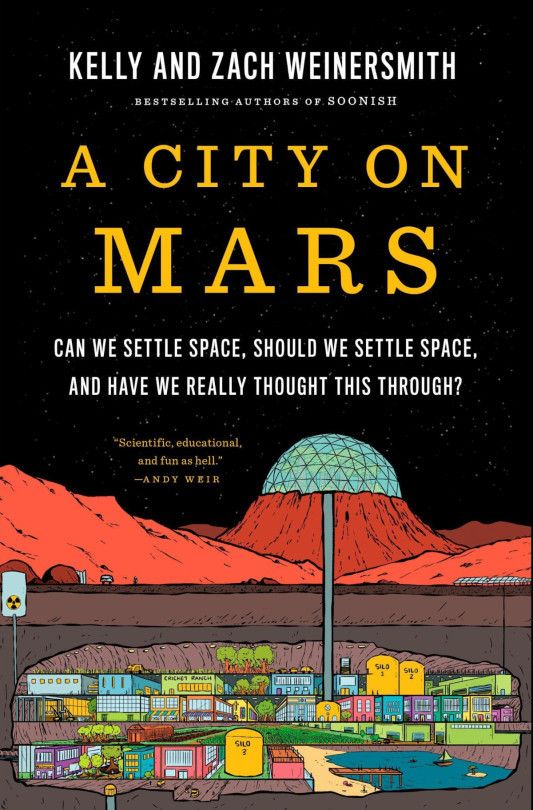
In A City On Mars, biologist Kelly Weinersmith and cartoonist Zach Weinersmith set out to investigate the governance challenges of the impending space settlements they were told were just over the horizon. Instead, they discovered that humans aren't going to be settling space for a very long time, and so they wrote a book about that instead:
https://www.acityonmars.com/
The Weinersmiths make the (convincing) case that ever aspect of space settlement is vastly beyond our current or reasonably foreseeable technical capability. What's more, every argument in favor of pursuing space settlement is errant nonsense. And finally: all the energy we are putting into space settlement actually holds back real space science, which offers numerous benefits to our species and planet (and is just darned cool).
Every place we might settle in space – giant rotating rings, the Moon, Mars – is vastly more hostile than Earth. Not just more hostile than Earth as it stands today – the most degraded, climate-wracked, nuke-blasted Earth you can imagine is a paradise of habitability compared to anything else. Mars is covered in poison and the sky disappears under planet-sized storms that go on and on. The Moon is covered in black-lung-causing, razor-sharp, electrostatically charged dust. Everything is radioactive. There's virtually no water. There are temperature swings of hundreds of degrees every couple of hours or weeks. You're completely out of range of resupply, emergency help, or, you know, air.
There's Helium 3 on the Moon, but not much of it, and there is no universe in which is it cheaper to mine for Helium 3 on the Moon than it is to mine for it on Earth. That's generally true of anything we might bring back from space, up to and including continent-sized chunks of asteroid platinum.
Going to space doesn't end war. The countries that have gone to space are among the most militarily belligerent in human history. The people who've been to space have come back perfectly prepared to wage war.
Going to space won't save us from the climate emergency. The unimaginably vast trove of material and the energy and advanced technology needed to lift it off Earth and get it to Mars is orders of magnitude more material and energy than we would need to resolve the actual climate emergency here.
We aren't anywhere near being a "multiplanetary species." The number of humans you need in a colony to establish a new population is hard to estimate, but it's very large. Larger than we can foreseeably establish on the Moon, on Mars, or on a space-station. But even if we could establish such a colony, there's little evidence that it could sustain itself – not only are we a very, very long way off from such a population being able to satisfy its material needs off-planet, but we have little reason to believe that children could gestate, be born, and grow to adulthood off-planet.
To top it all off, there's space law – the inciting subject matter for this excellent book. There's a lot of space law, and while there are some areas of ambiguity, the claims of would-be space entrepreneurs about how their plans are permissible under the settled parts of space law don't hold up. But those claims are robust compared to claims that space law will simply sublimate into its constituent molecules when exposed to the reality of space travel, space settlement, and (most importantly) space extraction.
Space law doesn't exist in a vacuum (rimshot). It is parallel to – and shares history with – laws regarding Antarctica, the ocean's surface, and the ocean's floor. These laws relate to territories that are both vastly easier to access and far more densely populated by valuable natural resources. The fact that they remain operative in the face of economic imperatives demands that space settlement advocates offer a more convincing account than "money talks, bullshit walks, space law is toast the minute we land on a $14 quadrillion platinum asteroid."
The Weinersmiths have such an account in defense of space law: namely, that space law, and its terrestrial analogs, constitute a durable means of resolving conflicts that would otherwise give rise to outcomes that are far worse for science, entrepreneurship, human thriving or nation-building than the impediments these laws represent.
What's more, space law is enforceable. Not only would any space settlement be terribly, urgently dependent on support from Earth for the long-foreseeable future, but every asteroid miner, Lunar He3 exporter and Martian potato-farmer hoping to monetize their products would have an enforcement nexus with a terrestrial nation and thus the courts of that nation.
But the Weinersmiths aren't anti-space. They aren't even anti-space-settlement. Rather, they argue that the path to space-based scientific breakthroughs, exploration of our solar system, and a deeper understanding of our moral standing in a vast universe cannot start with space settlements.
Landing people on the Moon or Mars any time soon is a stunt – a very, very expensive stunt. These boondoggles aren't just terribly risky (though they are – people who attempt space settlement are very likely to die horribly and after not very long), they come with price-tags that would pay for meaningful space science. For the price of a crewed return trip to Mars, you could put multiple robots onto every significant object in our solar system, and pilot an appreciable fleet of these robot explorers back to Earth with samples.
For the cost of a tiny, fraught, lethal Moon-base, we could create hundreds of experiments in creating efficient, long-term, closed biospheres for human life.
That's the crux of the Weinersmiths' argument: if you want to establish space settlements, you need to do a bunch of other stuff first, like figure out life-support, learn more about our celestial neighbors, and vastly improve our robotics. If you want to create stable space-settlements, you'll need to create robust governance systems – space law that you can count on, rather than space law that you plan on shoving out the airlock. If you want humans to reproduce in space – a necessary precondition for a space settlement that lasts more than a single human lifespan – then we need to do things like breed multiple generations of rodents and other animals, on space stations.
Space is amazing. Space science is amazing. Crewed scientific space missions are amazing. But space isn't amazing because it offers a "Plan B" for an Earth that is imperiled by humanity's recklessness. Space isn't amazing because it offers unparalleled material wealth, or unlimited energy, or a chance to live without laws or governance. It's not amazing because it will end war by mixing the sensawunda of the "Pale Blue Dot" with the lebensraum of an infinite universe.
A science-driven approach to space offers many dividends for our species and planet. If we can figure out how to extract resources as dispersed as Lunar He3 or asteroid ice, we'll have solved problems like extracting tons of gold from the ocean or conflict minerals from landfill sites, these being several orders of magnitude more resource-dense than space. If we can figure out how to create self-sustaining terraria for large human populations in the radiation-, heat- and cold-blasted environs of space, we will have learned vital things about our own planet's ecosystems. If we can build the robots that are necessary for supporting a space society, we will have learned how to build robots that take up the most dangerous and unpleasant tasks that human workers perform on Earth today.
In other words, it's not just that we should solve Earth's problems before attempting space settlement – it's that we can't settle space until we figure out the solutions to Earth's problems. Earth's problems are far simpler than the problems of space settlement.
As I read the Weinersmiths' critique of space settlement, I kept thinking of the pointless AI debates I keep getting dragged into. Arguments for space settlement that turn on existential risks (like humanity being wiped out by comets, sunspots, nuclear armageddon or climate collapse) sound an awful lot like the arguments about "AI safety" – the "risk" that the plausible sentence generator is on the verge of becoming conscious and turning us all into paperclips.
Both arguments are part of a sales-pitch for investment in commercial ventures that have no plausible commercial case, but whose backers are hoping to get rich anyway, and are (often) sincerely besotted with their own fantasies:
https://locusmag.com/2023/12/commentary-cory-doctorow-what-kind-of-bubble-is-ai/
Both AI and space settlement pass over the real risks, such as the climate consequences of their deployment, or the labor conditions associated with their production. After all, when you're heading off existential risk, you don't stop to worry about some carbon emissions or wage theft.
And critically, both ignore the useful (but resolutely noncommercial) ways that AI or space science can benefit our species. AI radiology analysis might be useful as an adjunct to human radiological analysis, but that is more expensive, not less. Space science might help us learn to use our materials more efficiently on Earth, and that will come long before anyone makes rendezvous with a $14 quadrillion platinum asteroid.
There are beneficial uses for LLMs. When the Human Rights Data Analysis Group uses an LLM to help the Innocence Project New Orleans extract and categorize officer information from wrongful conviction records, they are doing something valuable and important:
https://hrdag.org/tech-notes/large-language-models-IPNO.html
It's socially important work, a form of automation that is an unalloyed good, but you won't hear about it from LLM advocates. No one is gonna get rich on improving the efficiency of overturning wrongful convictions with natural language processing. You can't inflate a stock bubble with the Innocence Project.
By the same token, learning about improving gestational health by breeding multigenerational mouse families in geosynchronous orbit is no way to get a billionaire tech baron to commit $250 billion to space science. But that's not an argument against emphasizing real science that really benefits our whole species. It's an argument for taking away capital allocation authority from tech billionaires.
I'm a science fiction writer. I love stories about space. But I can distinguish fantasy from reality and thought experiments from suggestions. Kim Stanley Robinson's 2015 novel Aurora – about failed space settlement – is every bit as fascinating and inspirational as "golden age" sf:
https://memex.craphound.com/2015/11/02/kim-stanley-robinsons-aurora-space-is-bigger-than-you-think/
But still, it inspired howls of outrage from would-be space colonists. So much so that Stan wrote a brilliant essay explaining what we were all missing about space settlement, which I published:
https://boingboing.net/2015/11/16/our-generation-ships-will-sink.html
With City on Mars, the Weinersmiths aren't making the case for giving up on space, nor are they trying to strip space of its romance and excitement. They're trying to get us to focus on the beneficial, exciting, serious space science we can do right now, not just because it's attainable and useful – but because it is a necessary precondition for any actual space settlement in the distant future.

If you'd like an essay-formatted version of this post to read or share, here's a link to it on pluralistic.net, my surveillance-free, ad-free, tracker-free blog:
https://pluralistic.net/2024/01/09/astrobezzle/#send-robots-instead
#pluralistic#books#reviews#space#bezzles#mars#spacex#robots#science#space science#space travel#space settlement#space colonization
1K notes
·
View notes
Text
We made it to the moon for cheaper than NASA or Russia, or any colonial power ever has! (very positive)

Take that Great Britain and screw you all colonizers and imperialism (extremely derogatory).
#meera.txt#India#chandrayaan3#history#bharat#proud to be indian#chandrayaanlaunch#brown history#current events#nasa#space travel#desiblr#being desi#desi tumblr#desi tag#this day in history#on this day in history#on this date#on this day#space program#the moon#moon landing#outer space#chandrayaan 3#chandrayaan -3#desi lgbt#desi queer#moon#happening now#colonialism mention cw
815 notes
·
View notes
Text
𝑇ℎ𝑒 𝐶𝑎𝑣𝑒 𝑁𝑒𝑏𝑢𝑙𝑎 (𝑆ℎ2-1 55) 𝑖𝑠 𝑎 𝑑𝑖𝑓𝑓𝑢𝑠𝑒 𝑛𝑒𝑏𝑢𝑙𝑎 𝑖𝑛 𝑡ℎ𝑒 𝑐𝑜𝑛𝑠𝑡𝑒𝑙𝑙𝑎𝑡𝑖𝑜𝑛 𝐶𝑒𝑝ℎ𝑒𝑢𝑠, 𝑤𝑖𝑡ℎ𝑖𝑛 𝑎 𝑙𝑎𝑟𝑔𝑒𝑟 𝑛𝑒𝑏𝑢𝑙𝑎 𝑐𝑜𝑚𝑝𝑙𝑒𝑥 𝑐𝑜𝑛𝑡𝑎𝑖𝑛𝑖𝑛𝑔 𝑒𝑚𝑖𝑠𝑠𝑖𝑜𝑛, 𝑟𝑒𝑓𝑙𝑒𝑐𝑡𝑖𝑜𝑛, 𝑎𝑛𝑑 𝑑𝑎𝑟𝑘 𝑛𝑒𝑏𝑢𝑙𝑜𝑠𝑖𝑡𝑦. 𝑆ℎ2-155 𝑖𝑠 𝑎𝑛 𝑖𝑜𝑛𝑖𝑧𝑒𝑑 𝐻 𝐼𝑙 𝑟𝑒𝑔𝑖𝑜𝑛 𝑤𝑖𝑡ℎ 𝑜𝑛𝑔𝑜𝑖𝑛𝑔 𝑠𝑡𝑎𝑟 𝑓𝑜𝑟𝑚𝑎𝑡𝑖𝑜𝑛 𝑎𝑐𝑡𝑖𝑣𝑖𝑡𝑦 𝑎𝑛𝑑 𝑖𝑠 𝑟𝑜𝑢𝑔ℎ𝑙𝑦 2400 𝑙𝑖𝑔ℎ𝑡-𝑦𝑒𝑎𝑟𝑠 𝑓𝑟𝑜𝑚 𝐸𝑎𝑟𝑡ℎ. 𝐼𝑛𝑡𝑒𝑟𝑒𝑠𝑡𝑖𝑛𝑔𝑙𝑦 𝑡ℎ𝑒 𝑛𝑎𝑚𝑒 "𝐶𝑎𝑣𝑒 𝑁𝑒𝑏𝑢𝑙𝑎" 𝑤𝑎𝑠 𝑐𝑜𝑖𝑛𝑒𝑑 𝑓𝑜𝑟 𝑡ℎ𝑖𝑠 𝑜𝑏𝑗𝑒𝑐𝑡 𝑏𝑦 𝑡ℎ𝑒 𝑔𝑟𝑒𝑎𝑡 𝑆𝑖𝑟 𝑃𝑎𝑡𝑟𝑖𝑐𝑘 𝑀𝑜𝑜𝑟𝑒, 𝑝𝑟𝑒𝑠𝑢𝑚𝑎𝑏𝑙𝑦 𝑑𝑒𝑟𝑖𝑣𝑒𝑑 𝑓𝑟𝑜𝑚 𝑝ℎ𝑜𝑡𝑜𝑔𝑟𝑎𝑝ℎ𝑖𝑐 𝑖𝑚𝑎𝑔𝑒𝑠 𝑠ℎ𝑜𝑤𝑖𝑛𝑔 𝑎 𝑐𝑢𝑟𝑣𝑒𝑑 𝑎𝑟𝑐 𝑜𝑓 𝑒𝑚𝑖𝑠𝑠𝑖𝑜𝑛 𝑛𝑒𝑏𝑢𝑙𝑜𝑠𝑖𝑡𝑦 𝑐𝑜𝑟𝑟𝑒𝑠𝑝𝑜𝑛𝑑𝑖𝑛𝑔 𝑡𝑜 𝑎 𝑐𝑎𝑣𝑒 𝑚𝑜𝑢𝑡ℎ.
#the cave nebula#sh2-1 55#Cepheus#space#universe#purple#night pics#astronomy#space travel#cosmos#good vibes#stars#nebula#physics#space lovers#astronomical#cosmology#science#galaxy
642 notes
·
View notes
Text

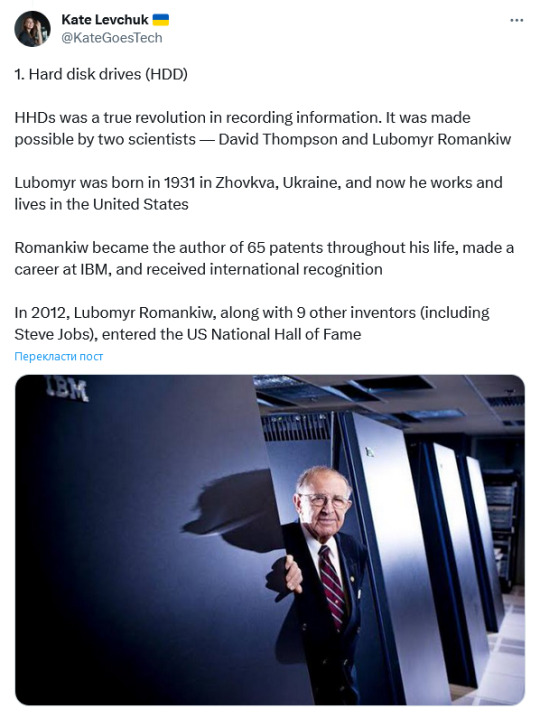

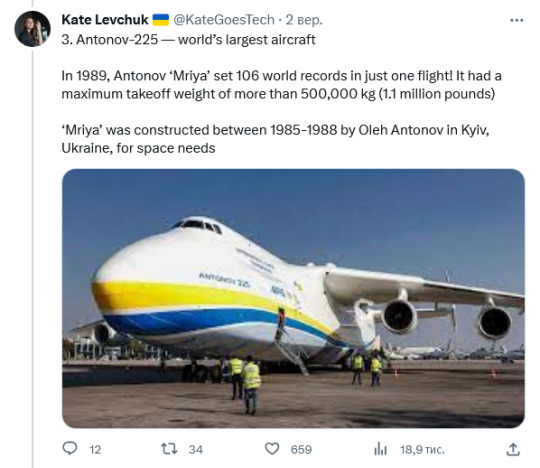
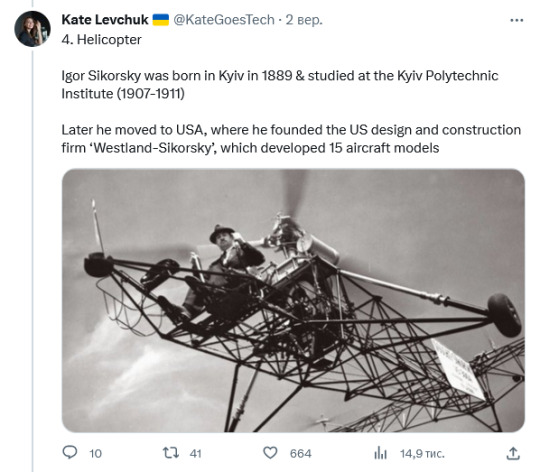








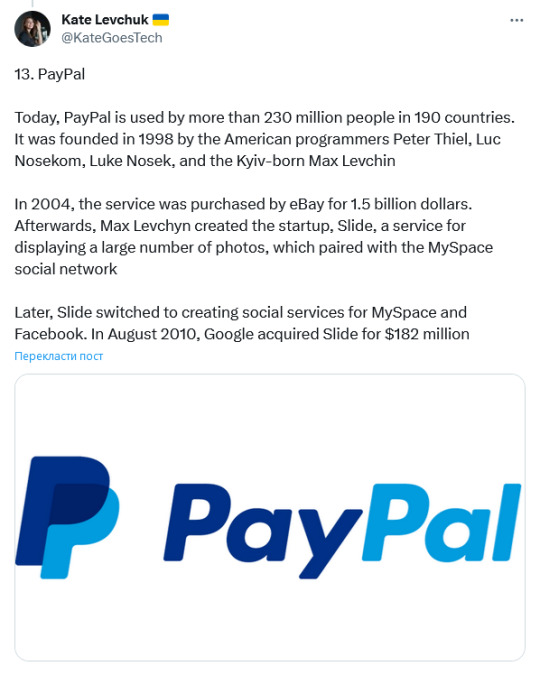
608 notes
·
View notes
Text





Happy Women's Day to all women! And especially to my favorite DuckTales characters like Della Duck, Daisy Duck, Gandra Dee, Magica De Spell and Bentina Beakley!

And M'Ma Cabrera Crackshell of course!
#happy women’s day#women's day#ducktales#ducktales 2017#della duck#astronaut della duck#daisy duck#ducktales reboot#gandra dee#magica de spell#bentina beakley#mrs beakley#my favorite female characters in ducktales#disney ducks#disney#disney channel#space suit#space travel#space#pictures#m'ma cabrera#m'ma cabrera crackshell#I know there are more#but these are my favorite and most important#and I'm not that interested in the others#sorry#my opinion
175 notes
·
View notes
Text
Long March 5 (a heavy vehicle launcher) launching a satellite out of Wenchang Space Launch Site in Hainan, China.
English added by me :)
275 notes
·
View notes
Text

Stepping out on the front porch. Astronaut David Scott opens the hatch to check out the view during Apollo 9, March 1969. In this pic taken by fellow astronaut Rusty Schweickart, ‘Gumdrop’, the Command Service Module is docked with ‘Spider’, the Lunar Module. A9 was the 1st flight incorporating all Apollo spacecraft components. The 10 day mission was the 2nd launched by a Saturn V rocket.
#apollo 9#spacecraft#command module#low earth orbit#astronaut#space travel#1969#earth orbit#astronauts#space exploration#vintage space#space#space age#nasa#moon landing#space race#spaceflight#nasa astronauts#nasa photos#space history#spacesuits#1960s
362 notes
·
View notes
Text

Hey! Someone said on here a while ago we should treat the moon landing like a holiday! So- Happy 20th of July, Happy Moon Landing!!!
#moon landing#moon#space#space travel#space art#graphic design#illustration#apollo 11#moon landing day
411 notes
·
View notes
Text
Long exposure lightning storms and city lights from space
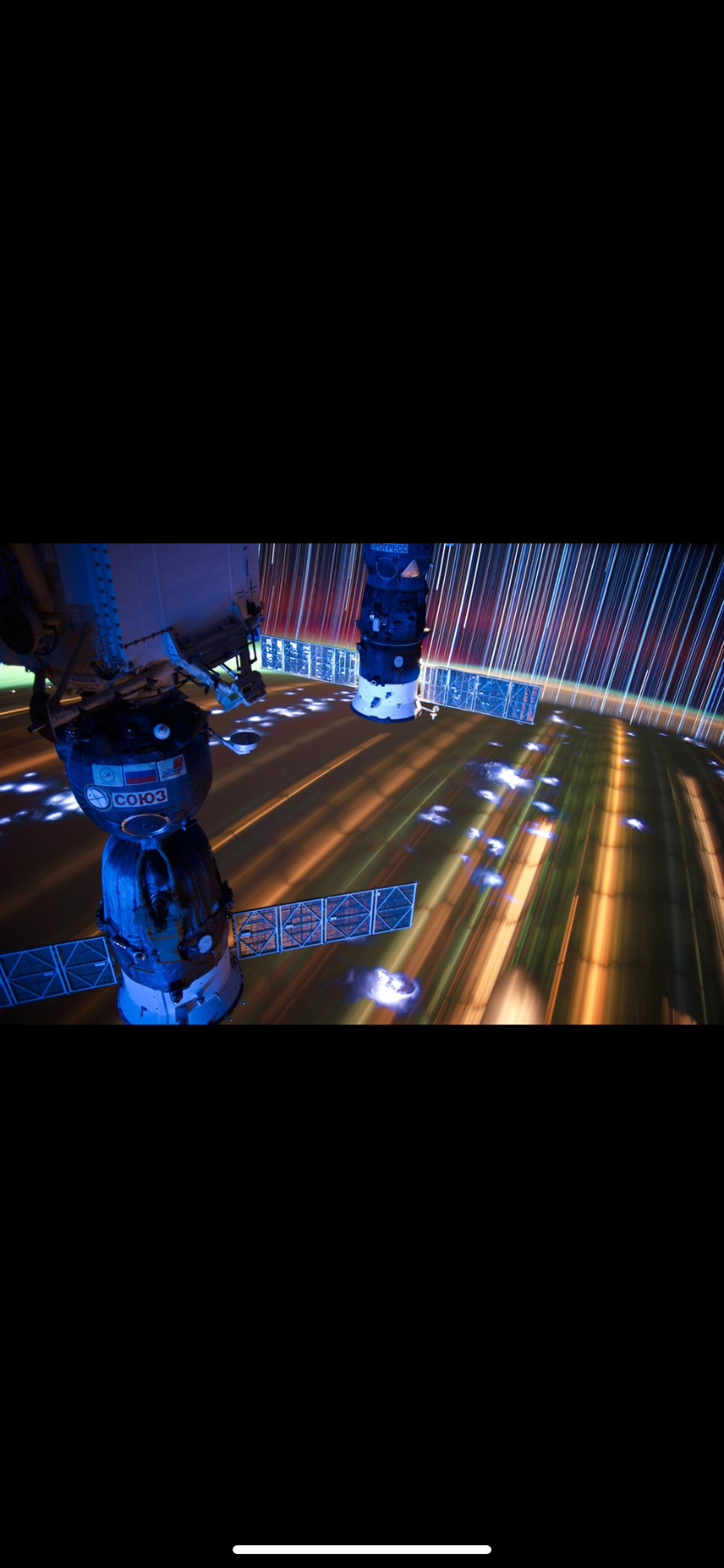
#astronomy#nasa#astronomers#universe#astrophotography#nasa photos#astrophysics#outer space#nasawebb#hubble space telescope#deep sky#our universe#i love astronomy#astronomy facts#astronauts#international space station#interplanetary#space travel#spacecraft#planet earth#earth#space exploration#space science#planetary science#science facts#science#cosmos#planetary nebula#astrography#space shuttle
19 notes
·
View notes
Text

Future space vehicle. The crown book of the beautiful, the wonderful, and the wise. 1885.
Internet Archive
175 notes
·
View notes
Text
I want to go to space, but in the cartoony way where I don't have to worry about stuff like oxygen levels or radiation.
like this:
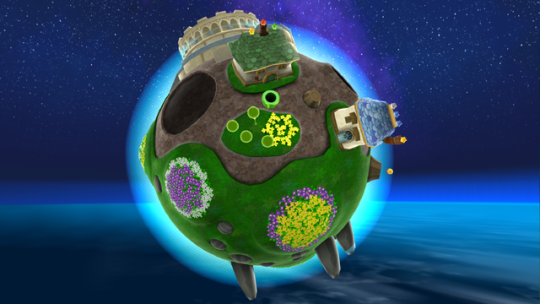
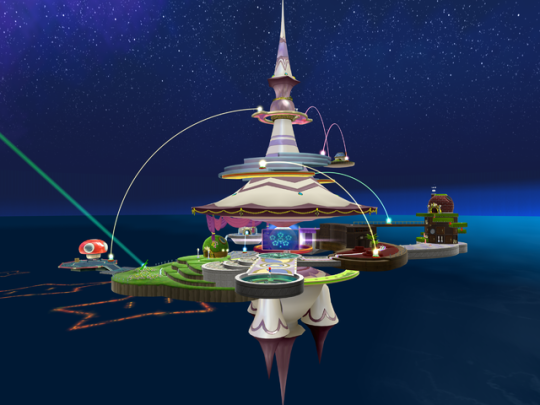






Is there a name for this genre or aesthetic of unrealistic science fiction/fantasy space travel?
#space#spacecore#super mario galaxy#hoovy's cosmic sandwich quest#a hat in time#kirby milkyway wishes#lor starcutter#bee and puppycat#wander over yonder#space travel#idk#toony space
213 notes
·
View notes
Text
None of our spaceships have floors like the cars on the Flintstones.
Some spacecraft already have gloveboxes for handling scientific experiments, but none of them have a place where pilots can slip their legs into sleeves that extend below the craft so they can run really fast while the craft moves forward.
It's going to be really embarrassing for humanity when we learn that every other spacefaring species figured out centuries ago that legs extending below the craft are essential for FTL travel.
366 notes
·
View notes

